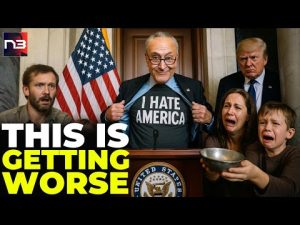In the face of mounting tensions over free speech, the United Kingdom is grappling with a startling trend: the erosion of this fundamental right under the guise of promoting social harmony. Reports of daily arrests for online messages deemed offensive highlight a disturbing crackdown reminiscent of authoritarian regimes. At the core of this issue is the conflict between established Western values and a rising pressure to conform to a multicultural narrative that sometimes sidelines core principles, such as free speech.
Freedom of speech, a cherished liberty, is increasingly under threat. The arrest of individuals for merely causing annoyance or anxiety illustrates a dangerous trend. This suppression is not just about silencing harmful or hateful speech; it extends to curbing any discourse that might be seen as controversial or dissenting. The chilling effect on public discourse is profound, as people learn to self-censor for fear of legal repercussions. Christopher Hitchens, a prominent British author, was known for his warnings about threats to free speech, but specific predictions about current UK speech laws and Islamophobia remain unverified.
Equally concerning is the growing cultural divide within the UK, reflected in the controversy surrounding the British flag. Instances where individuals are arrested for flag displays deemed offensive highlight a broader issue. If a national symbol can result in arrest out of fear of offending, what does that say about the unity and identity of the nation? Critics argue that bending to such sensitivities erodes national pride and further divides communities rather than fostering true inclusivity.
This situation serves as a cautionary tale for the United States, where freedom of speech is enshrined in the Constitution. The lessons emerging from the UK underscore the importance of safeguarding this right against encroaching political correctness. Suppressing speech, even that which might be unpopular or controversial, only serves to create a fragmented society. Instead, open dialogue and debate should be encouraged, as they serve as the backbone of a healthy democracy.
In conclusion, the UK’s ongoing struggle with free speech and national identity presents a pivotal moment. The path forward requires a recommitment to core democratic values, ensuring that freedom of expression is protected and that cultural symbols are celebrated as unifying elements. As the world looks on, the UK’s challenges remind us all of the delicate balance between respecting diversity and maintaining the freedoms that define open societies. It’s a balance that not only Britain must navigate but one that resonates globally, including for those of us in America.







